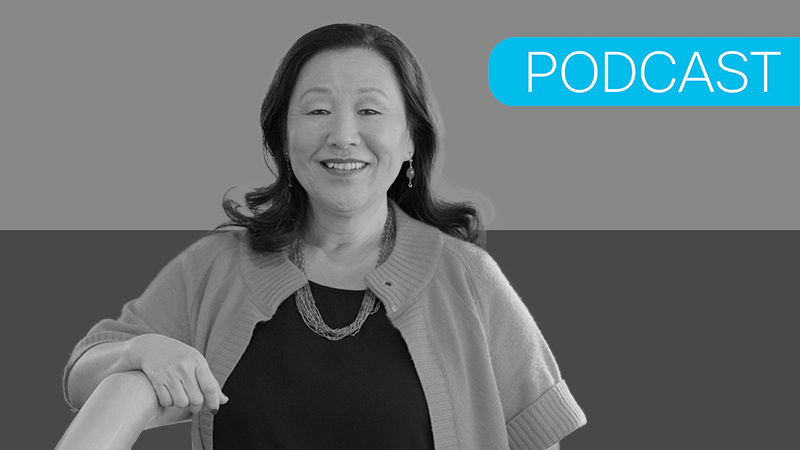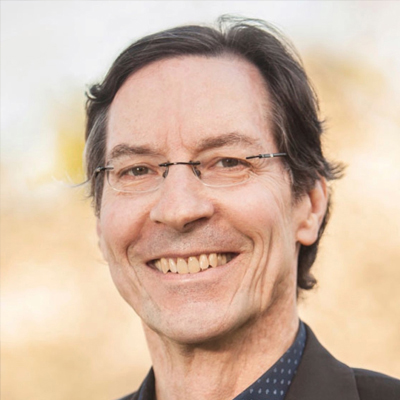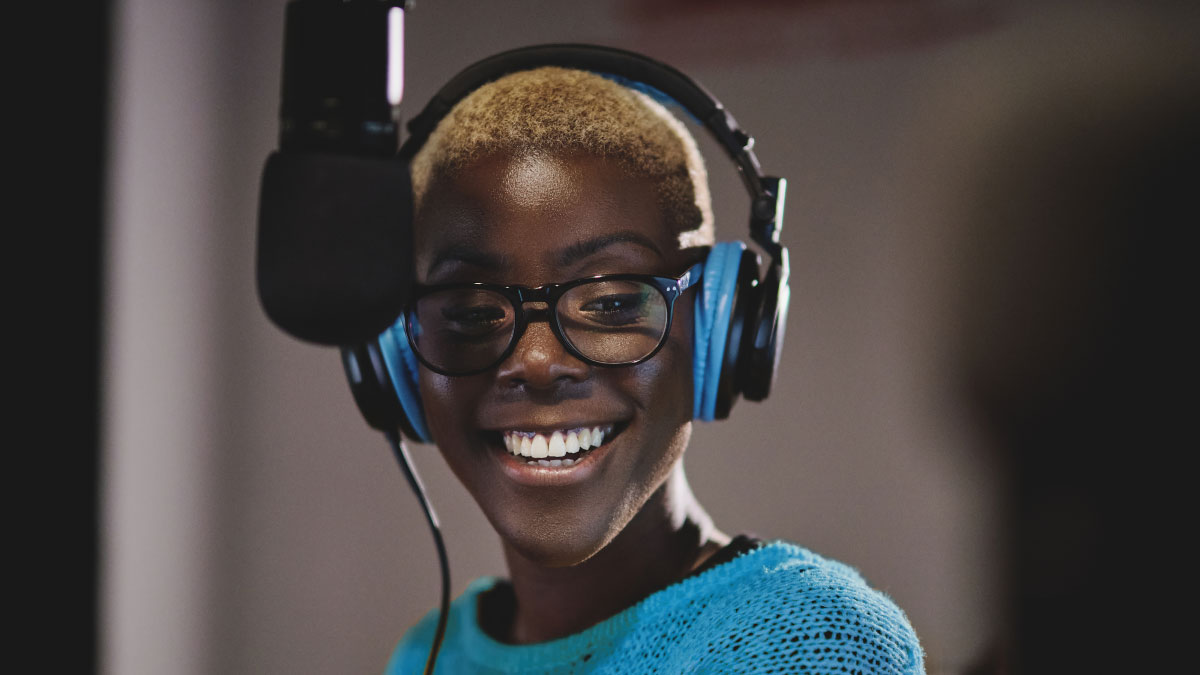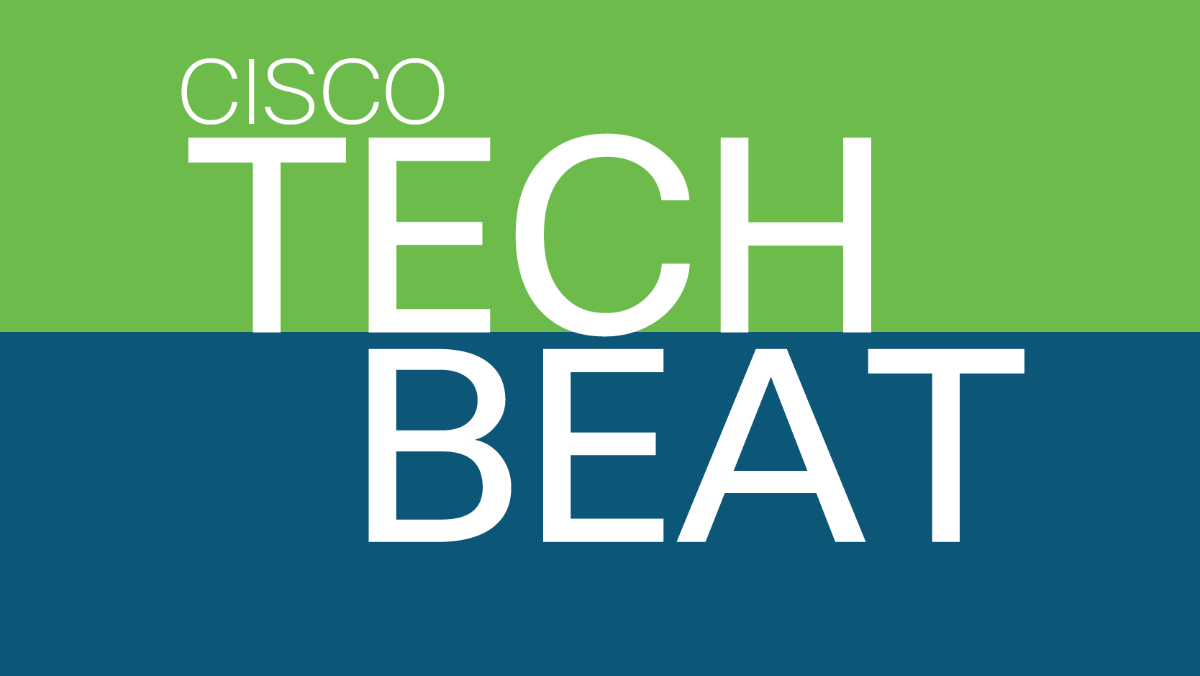Cisco’s Tae Yoo believes that the private sector has a responsibility to look beyond pure profits and support a more inclusive, sustainable, and equitable world. And that conviction has only grown with the profound challenges of the Covid-19 pandemic.
“When you are confronted by a crisis such as Covid-19, conscious culture comes to the surface,” said Yoo, who is Cisco’s senior vice president for corporate affairs, corporate social responsibility, and sustainability. “It’s how we’re supposed to behave.”
Whether in good times or bad, that more conscious culture can inform every decision with mindfulness and compassion; guide how employees interact with customers, partners, and one another; and define how products and services impact the community and the world.
“It’s exactly that,” Yoo added. “It’s conscious. It’s not something that we have on a new-hire orientation and then you don’t look at it. It’s very conscious, in terms of we think through our values and our principles as we make key decisions.”
Given the ravages of the global pandemic, many organizations are struggling. But Yoo believes that those organizations that can should step up their efforts to help. In Cisco’s case, the company has a core purpose to power an Inclusive Future. And that has aligned closely with its efforts to support businesses and communities during the current crisis.
“As human beings,” she said, “we have a need to help, whether it’s a pandemic or a natural disaster. But we can be much more organized if in fact we’ve done the work before. The strong, resilient partnerships that we build with the public sector and the nonprofit sector as well as our customers enable us to take forward the things we do best, our core competencies.”
In recent weeks, Cisco has channeled those core competencies into some highly impactful outcomes. That has included donating telepresence machines to hospitals; sharing free Webex trials with companies and schools; building surgical masks with 3D printers; and donating hundreds of millions of dollars to battling the pandemic.
Again, much of Cisco’s previous CSR work dovetails into the current crisis. For example, disadvantaged communities around the world have been a sweeping concern for years, with a particular focus on homelessness in California. Like all such efforts at Cisco, Yoo said, awareness begins at the top.
“You’ve heard Cisco’s CEO, Chuck Robbins, advocate passionately about the challenges we have in our communities long before this pandemic,” she said. “And you see him working tirelessly with the communities, as well as bringing together coalitions of other organizations. Our culture is tested and reinforced during the most challenging times like this pandemic.”
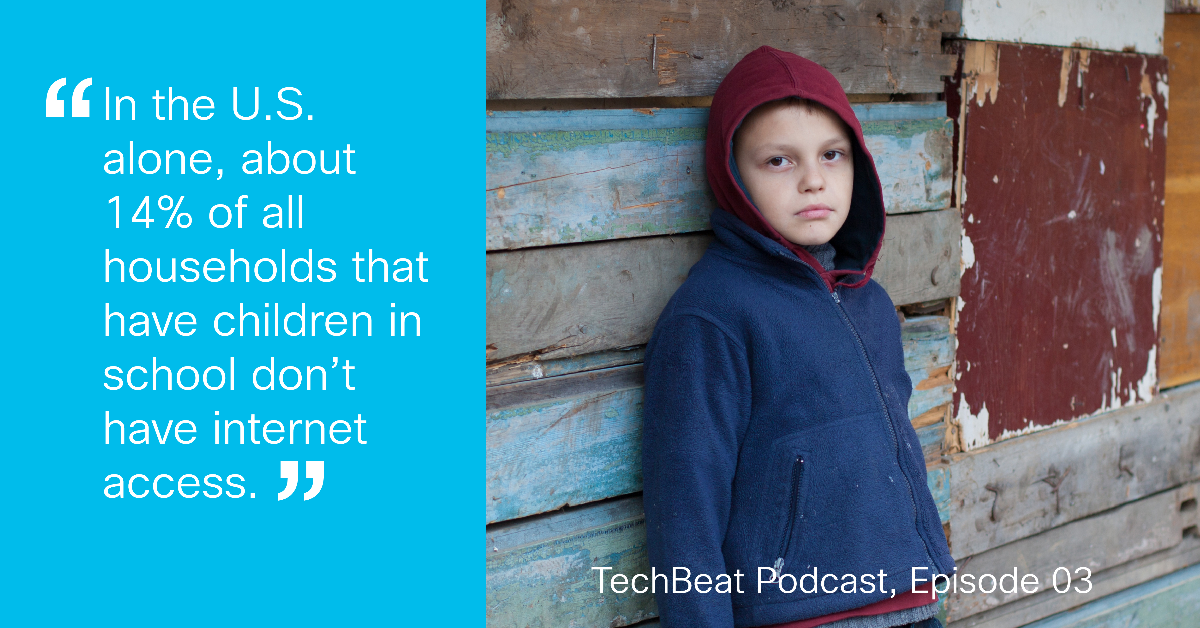
Now more than ever, connectivity is a human right
Yoo has long advocated for closing the digital divide, and it’s a key element of Cisco’s Inclusive Future initiative. The pandemic has only heightened that sense of mission. After all, in the current crisis the world is essentially running on collaboration tools and Internet connectivity, and those who don’t have them are essentially cut off from learning and opportunities.
“I think it’s a human right, just like shelter and water,” she stressed. “So much is moving online right now. And we have some initiatives underway. The U.N. Sustainable Development Goals, are really focused on Internet access. And it should be everywhere, not just in developed countries, not just in cities, but also rural areas.”
Education, for example, has been radically transformed, as millions of students have been forced home. So Internet access is critical. As Yoo put it, “It’s much more than a connection, it’s a lifeline.”
“In the U.S. alone,” she continued, “about 14 percent of all households that have children in school don’t have access. So it just compounds the challenges.”
At the same time, healthcare workers and patients are depending on connectivity in ways we could not have imagined even a month ago. But without access to telehealth, many people are in danger.
“We’ve told people to stay home, because that’s an integral part of addressing the mitigation of Covid-19,” she said. “You’re asking them to stay home and work. But what if you don’t have Internet access? If you are in a situation where you’re not feeling well, how do you find out and make the determination whether you should go to the hospital or not?”
A conscious way forward to an inclusive future
It’s impossible to downplay a pandemic that has circled the globe with sickness, death, and economic devastation. Yet there are positive lessons. And Yoo predicts that many of the rapid changes driven by the pandemic can open the way to a more Inclusive Future.
“I think it’s an opportunity,” she predicted. “We can take the learnings from this and do the things that we should do. Affordable and available high-speed broadband Internet access. What are the things that people need to be able to participate in that? How do we provide more personalized and more immediate health care access to first-line screening? How do we partner with universities and educational institutions to create an environment where everyone can learn and continue to learn on a perpetual basis?”
Yoo is also a passionate advocate for sustainability, another foundational element of Cisco’s Inclusive Future initiative. She sees the influx of clean air in major cities as a harbinger of what’s possible in the future.
“One of the biggest contributors to the environmental challenges we have is transportation,” she said. “And the fact that people are working from home has mitigated that to a large extent. And so the question is, what is that right balance between physically being on the road versus working from home?”
The road back, post-pandemic, will not be easy, Yoo believes. But she sees Cisco playing an ongoing role, with its conscious culture leading the way.
“People need to rebuild their lives after this,” she said. “There are companies that are going to need assistance, businesses, people wondering whether they still have their jobs. So it’s just as important that we look at rebuilding — whether it’s ongoing learning, healthcare, or infrastructure.”
Above all, Yoo is inspired by the extent to which people have come together in this crisis, to work together and to support one another.
“The most uplifting piece of all of this,” she concluded, “is the richness and the decency of the human spirit. We’re physically limited in order to reduce the spread of Covid-19. But everybody is finding different ways of getting engaged and helping. Sometimes the worst of times bring out the best in people, and that’s been very uplifting.”
###
We welcome the re-use, republication, and distribution of "The Network" content. Please credit us with the following information: Used with the permission of http://thenetwork.cisco.com/.
